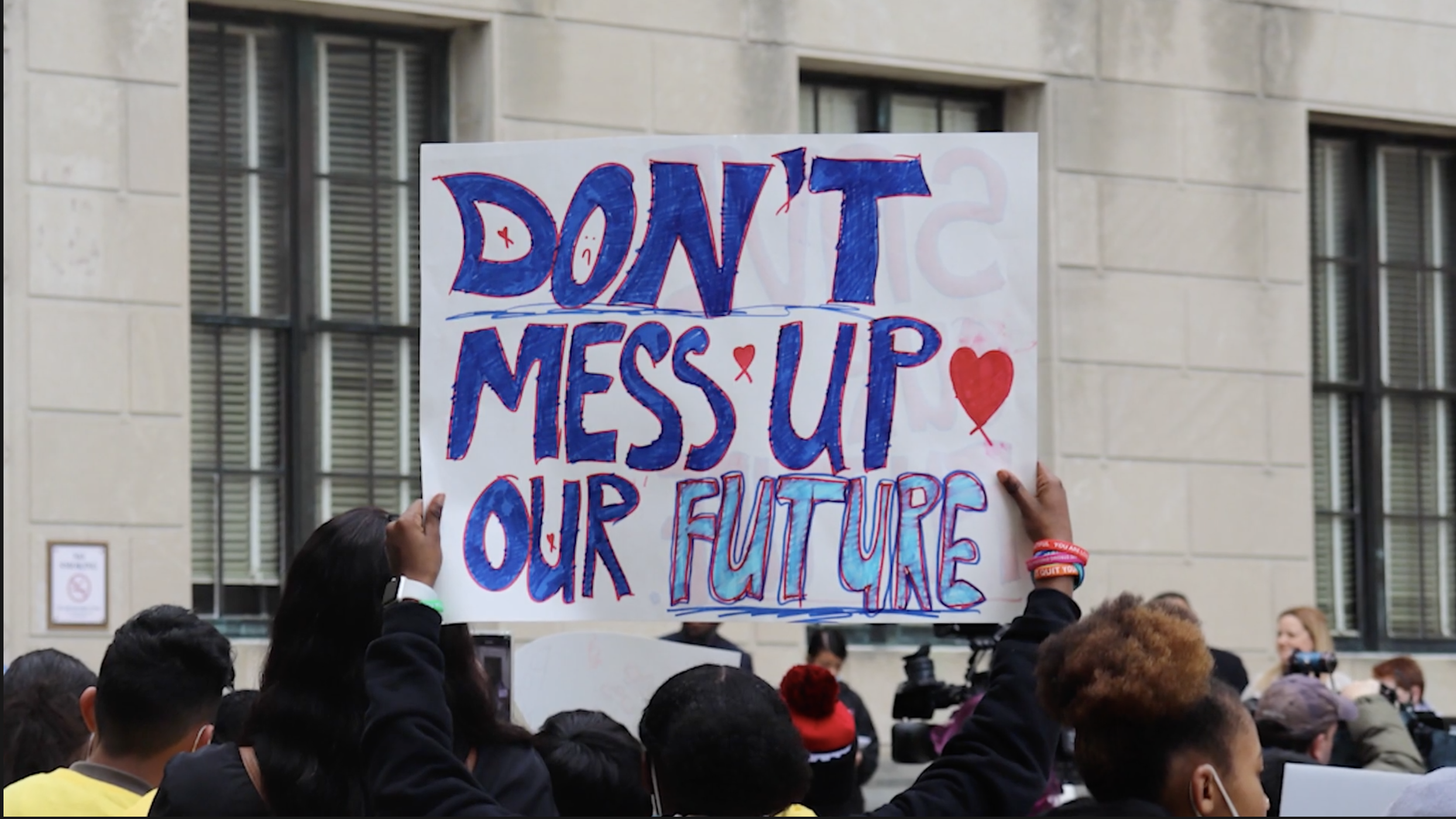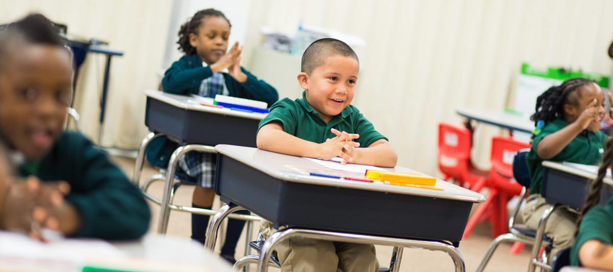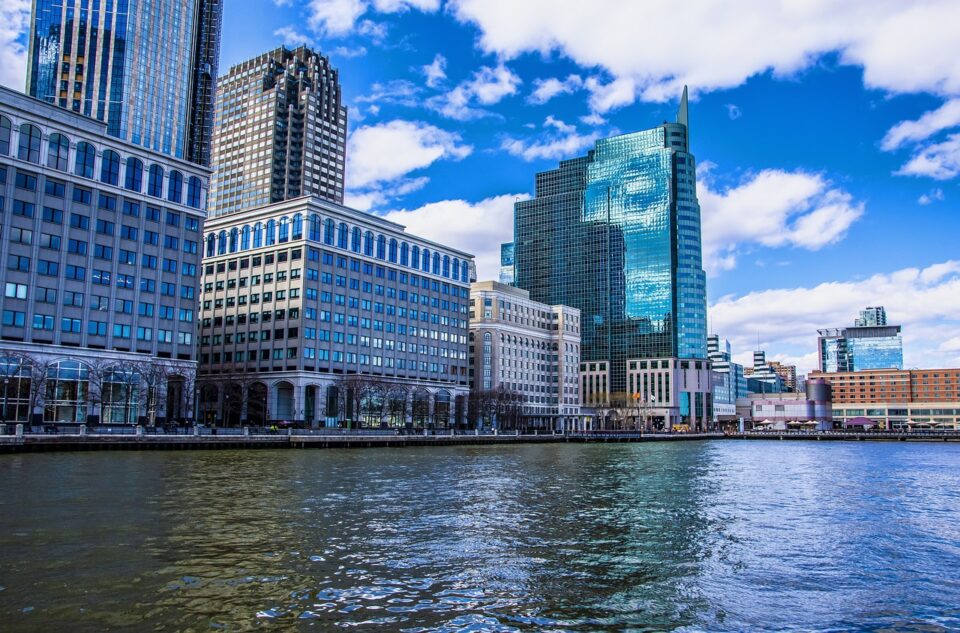
RETALIS: Here’s How ‘Mixed Reality’ Can Help Early Learners and Students with Disabilities
March 22, 2022
VIDEO: Newark Parents Wonder, ‘Why Is Gov. Murphy Turning His Back On Us?’
March 22, 2022Jersey City School Board Narrowly Passes Trimmed School Budget
Last night the Jersey City Board of Education voted 5-4 to approve a new 2022-2023 budget. Last week members had expressed dismay at the district’s proposal of $955.6 million, which would add an additional $2,400 a year to each property tax bill, or $200 per month. The new proposal slightly lessens the burden, requiring $1,611 a year from each homeowner.
The proposal from last week raised the school tax levy by $205 million but administrators were able to lower that increase to $149 million by using leftover funds from this year, an unexpected increase in payroll tax revenue, plus a $6 million surplus. Also, the Business Office cut $7 milllion from operational investments as well as another $3 million “because of low staff recruitment.”
Although Jersey City as a whole is growing swiftly–from 247,597 to 292,449 residents, or by 18% over the last decade—district enrollment is slightly down, by about 500 students. There are at least two reasons for these trend: First, much of the city’s growth is in Ward E, which is richer and more gentrified; it grew by 59% over the last decade. There you can buy a 3-bedroom condo for $4.2 million. Chatrooms describe it as “yuppie central” and advise, “thing is, you really have to send the kids to private school.” According to NJ Future, 22-34 year olds make up 28 percent of Jersey City’s overall population, a slightly higher concentration than Denver, Seattle, or Austin, Texas.
Second, public charter schools are in much demand among parents, primarily Black and Brown, who can’t afford private schools. Currently there are over 6,000 public charter students and another 3,300 on waiting lists.
Yet the enrolllment drop in the traditional district doesn’t account for the fraught budget negotiations. Instead, Jersey City was for many years over-aided by the state but, due to changes in our school funding formula and legislation, aid is gradually adjusting to a different financial landscape. For exampe, during the school year 2016-2017, Jersey City got $418.7 million from the state, more than half of district costs. For 2022-2023, Jersey City will get $184.7 million. For 2022-2023, Jersey City will get ony $184.7 million and taxpayers have to make up the difference.
See here for an Explainer of how NJ school funding works.
Board President Gerald Lyons, Vice President Gina Verdibello, Noemi Velazquez, Paula Jones-Watson and Lorenzo Richardson voted for the budget. Vice President Natalia Ioffe, Alexander Hamilton, Younass Barkouch and LeKendrick Shaw voted against the new proposed budget.




